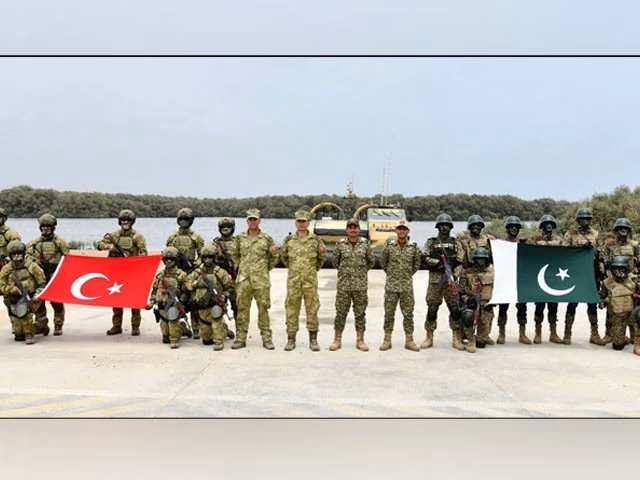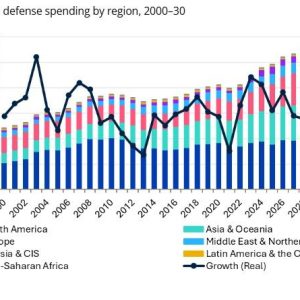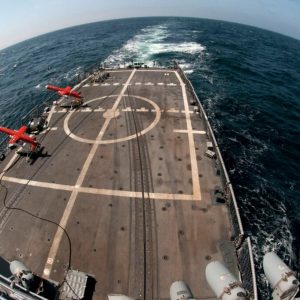The Pakistan Navy and Turkish Navy have successfully completed their first-ever Pakistan-Türkiye amphibious naval drill. This exercise marked a new era in maritime defence cooperation and operational coordination. It also highlighted a growing strategic partnership and a mutual commitment to regional stability.
Strengthening Joint Maritime Capabilities
According to a statement from the Directorate General Public Relations (Pakistan Navy), the exercise was a “milestone” in advancing bilateral defence ties. The drill aimed to enhance amphibious warfare tactics and combat readiness. It also fostered seamless coordination between the naval forces of both nations.
Advanced Amphibious Operations and Live Drills
The exercise included an extensive series of training modules designed to test and improve tactical readiness in amphibious warfare scenarios. Key segments featured combat firing techniques, convoy escorting drills, amphibious landing operations, and coordinated military manoeuvres in complex urban terrain. Both navies also conducted live firing drills and close-quarter battle simulations in littoral environments, enhancing their ability to respond to evolving maritime threats.
“Live firing drills and close combat scenarios, designed to sharpen tactical coordination and readiness in littoral environments, were also a part of the exercise,” stated the Pakistan Navy spokesperson.
Strengthening Defence Partnership
The exercise culminated in a large-scale amphibious drill conducted along a designated coastal zone, validating the operational preparedness of both forces for real-world contingencies. The Pakistan Navy highlighted that this joint initiative reflects the deep-rooted defence partnership between Pakistan and Türkiye, reaffirming their shared commitment to regional peace and maritime stability.
Such exercises further align with Türkiye’s growing role as a defence and aerospace partner for allied nations, demonstrating its expanding amphibious warfare capabilities and joint operational planning expertise.

Defence experts note that this collaboration not only boosts bilateral naval relations but also contributes to broader multilateral maritime security frameworks involving NATO partners and regional stakeholders. Future exercises are expected to incorporate more advanced amphibious assault platforms, combined command-and-control systems, and drone-enabled maritime surveillance.











